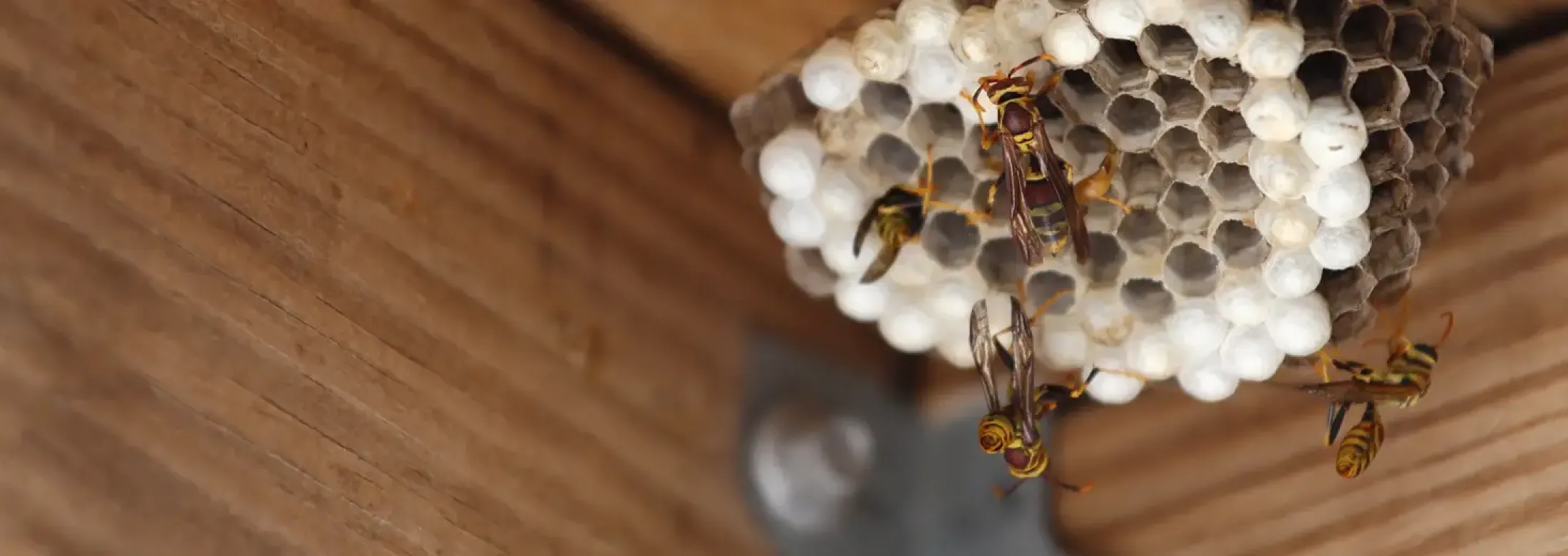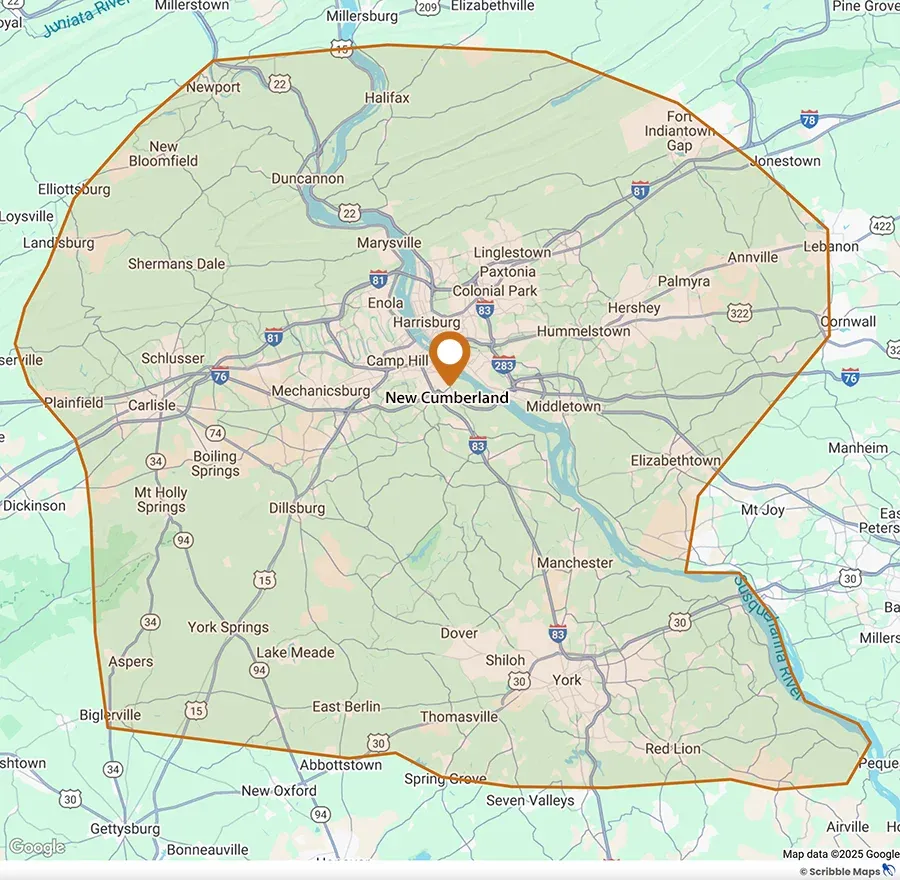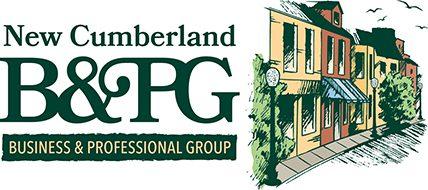
Stinging Insect Control in Central Pennsylvania
Stinging insects like carpenter bees, wasps, yellowjackets, and hornets can quickly become a major nuisance—and a danger to those with allergies. We offer fast, reliable, and safe treatment options to eliminate stinging insect threats around your home and property.
Carpenter Bee Warranty
For carpenter bee infestations, we provide a 60-day warranty on our treatments, ensuring that any issues that arise within that period are addressed promptly. If the problem persists, we'll return to resolve it at no additional cost.
Our Stinging Insect Control Process
We specialize in the safe and effective removal of stinging insects, with treatments tailored to your unique situation. Our experienced technicians will inspect your home, identify any nests or problem areas, and apply targeted treatments to ensure the problem is handled professionally.
Our process includes:
- Inspection & Evaluation: We begin with a thorough inspection of your property to identify any nests or hives of carpenter bees, yellowjackets, hornets, and wasps. During this process, our technician will also ask about any potential problem areas, such as areas near high-traffic zones or places where you’ve noticed increased insect activity.
- Immediate Treatment: Once the inspection is complete, we will immediately treat the affected areas with the appropriate solutions, targeting the nest or hive directly. We ensure safe and effective treatment, minimizing disruption to your home.
- Honey Bee Referrals: If honey bees are the issue, we provide free referrals to local experts for safe removal and relocation. We do not treat honey bees, but we will connect you with the right professionals to handle them humanely.
- Customer Satisfaction Guarantee: All of our treatments come with a customer satisfaction guarantee as part of our quarterly service packages or one-time service offerings. We want you to feel confident that your stinging insect problem is fully resolved.
Stinging Insect Prevention
Once the active nests are treated and removed, we also offer tips and strategies to prevent stinging insects from returning, including:
- Eliminating food sources and sweet-smelling plants that attract stinging insects, especially during warmer months.
- Regular monitoring to ensure that new nests are detected before they become a problem.
Don’t let stinging insects keep you from enjoying your outdoor spaces. Whether you're dealing with carpenter bees, hornets, yellowjackets, or wasps, Sudden Death Pest Control is here to help. Contact us today to schedule your inspection and treatment for fast, effective stinging insect control.
Areas We Service in Central PA
If you're looking for a stinging insect control service in Central Pennsylvania, then look no further than Sudden Death Pest Control. Our team services various cities in this area, including:





